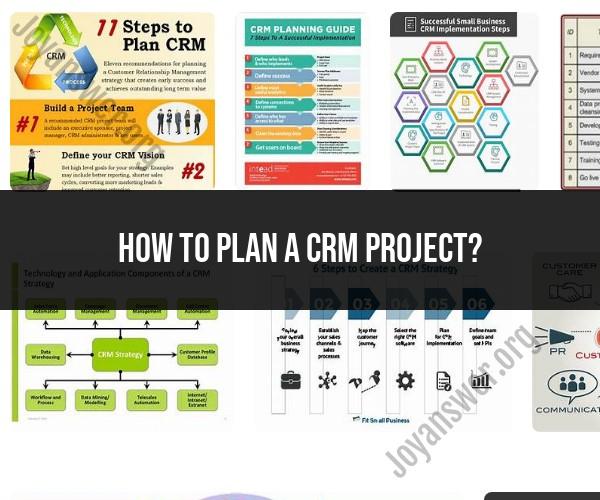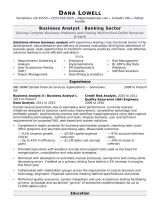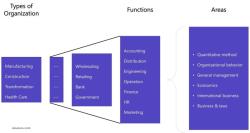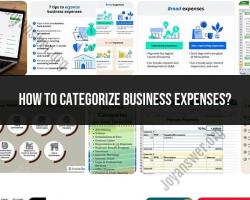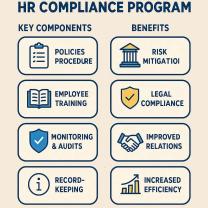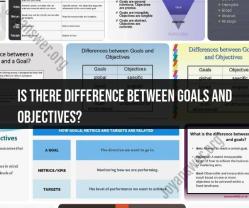How to plan a CRM project?
Planning a successful Customer Relationship Management (CRM) project involves several steps and considerations to ensure that the CRM system aligns with your organization's goals and meets the needs of your customers and users. Here is a step-by-step guide on how to plan a CRM project:
Define Your Objectives and Goals:
- Clearly articulate the objectives and goals of your CRM project. What do you hope to achieve? Common goals include improving customer relationships, increasing sales, and enhancing efficiency in customer service.
Identify Stakeholders:
- Determine the key stakeholders involved in the project. This includes executives, department heads, CRM users, and IT personnel. Understand their needs and expectations.
Conduct a Needs Assessment:
- Identify the specific needs of your organization and your customers. What challenges do you want the CRM system to address? What features are essential?
Choose the Right CRM Solution:
- Research CRM software options that align with your goals and needs. Consider factors like scalability, ease of use, integration capabilities, and pricing. Evaluate both cloud-based and on-premises solutions.
Create a Project Team:
- Assemble a cross-functional project team with representatives from different departments. This team will be responsible for managing the project and ensuring it meets the needs of all stakeholders.
Develop a Budget:
- Create a detailed budget that includes software licensing costs, implementation expenses, training costs, and ongoing maintenance fees. Ensure that the budget aligns with your financial resources.
Establish a Timeline:
- Set a realistic project timeline with milestones and deadlines. Consider the time required for implementation, testing, training, and rollout.
Customize and Configure the CRM:
- Work with the CRM vendor to customize and configure the system to meet your specific requirements. This may involve creating custom fields, workflows, and reports.
Data Migration and Integration:
- Plan how you will migrate existing customer data into the CRM system. Ensure that the CRM integrates with other existing systems, such as your email platform or marketing automation tools.
User Training:
- Provide comprehensive training to CRM users to ensure they can effectively use the system. Training should cover basic usage, data entry, and any advanced features.
Testing and Quality Assurance:
- Thoroughly test the CRM system to identify and resolve any issues or bugs. This includes functionality testing, security testing, and user acceptance testing.
Change Management:
- Develop a change management strategy to help employees transition to the new CRM system smoothly. Communicate changes, address concerns, and provide support.
Data Security and Privacy Compliance:
- Ensure that your CRM system complies with data security and privacy regulations, such as GDPR or HIPAA, if applicable to your business.
Pilot Implementation:
- Implement the CRM on a smaller scale as a pilot project before a full rollout. This allows you to identify any issues and make necessary adjustments.
Rollout and User Adoption:
- Roll out the CRM system to the entire organization. Encourage user adoption through training, ongoing support, and monitoring user feedback.
Monitor and Evaluate:
- Continuously monitor the performance of the CRM system and gather feedback from users. Make adjustments and improvements as needed to ensure it remains effective.
Document Processes and Best Practices:
- Create documentation for CRM processes and best practices. This helps ensure consistency and provides a reference for users.
Measure and Report on Key Metrics:
- Define key performance indicators (KPIs) that align with your CRM goals. Regularly measure and report on these metrics to assess the success of your CRM project.
Continuous Improvement:
- CRM projects are ongoing endeavors. Continuously assess the CRM's impact on your organization and make enhancements to meet evolving needs.
Seek Feedback and Iterate:
- Encourage feedback from users and stakeholders. Use this feedback to identify areas for improvement and iterate on your CRM implementation.
Planning a CRM project requires careful consideration of organizational goals, user needs, and technical requirements. By following these steps and involving key stakeholders throughout the process, you can increase the likelihood of a successful CRM project that benefits both your organization and your customers.
Planning a CRM Project: A Comprehensive Framework
A comprehensive framework for planning a CRM project should include the following steps:
- Define your goals and objectives. What do you want to achieve with your CRM project? Once you have a clear understanding of your goals and objectives, you can start to develop a plan to achieve them.
- Assess your needs. What are the specific requirements of your business? What features and functionality do you need in a CRM system?
- Research CRM solutions. There are a variety of CRM solutions available on the market. Take some time to research different solutions and compare their features and pricing.
- Choose a CRM solution. Once you have researched different CRM solutions, select the one that is best suited for your needs.
- Develop a project plan. Your project plan should include a timeline, budget, and resource allocation plan. It should also identify the key tasks that need to be completed and the people who will be responsible for completing them.
- Implement the CRM solution. Once you have developed a project plan, you can begin implementing the CRM solution. This may involve installing the software, configuring the system, and importing data.
- Train users. Once the CRM solution is implemented, you need to train your users on how to use it. This will help to ensure that they are able to get the most out of the system.
- Monitor and evaluate the system. Once the CRM solution is in place, it is important to monitor and evaluate its performance. This will help you to identify any areas where the system can be improved.
Navigating the Phases and Steps of CRM Project Planning
The following are the typical phases of a CRM project:
- Discovery: This phase involves defining your goals and objectives, assessing your needs, and researching CRM solutions.
- Planning: This phase involves developing a project plan, choosing a CRM solution, and configuring the system.
- Implementation: This phase involves installing the software, importing data, and training users.
- Deployment: This phase involves launching the CRM system and making it available to users.
- Support and maintenance: This phase involves providing support to users and maintaining the CRM system.
Each phase of the CRM project planning process is important and should be carefully executed. By following the comprehensive framework above, you can increase your chances of success.
Best Practices for Successful CRM Project Management
Here are some best practices for successful CRM project management:
- Set realistic goals and expectations. Don't try to do too much too soon. Start with a few key goals and objectives and gradually expand the scope of your project as you become more comfortable with the CRM system.
- Get buy-in from stakeholders. It is important to get buy-in from all stakeholders early in the CRM project planning process. This will help to ensure that everyone is on the same page and that the project has the support it needs to be successful.
- Communicate regularly. Communication is key to the success of any project, but it is especially important for CRM projects. Communicate regularly with your team members, stakeholders, and users to keep them updated on the project's progress and to address any concerns.
- Be flexible and adaptable. Things don't always go according to plan. Be prepared to make adjustments to your project plan as needed.
- Measure your results. It is important to track your progress and measure your results to ensure that you are on track to achieve your goals.
By following these best practices, you can increase your chances of success when implementing a CRM system.
